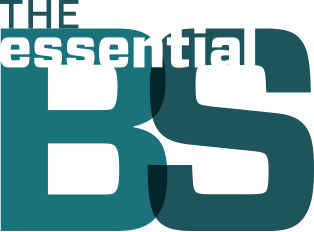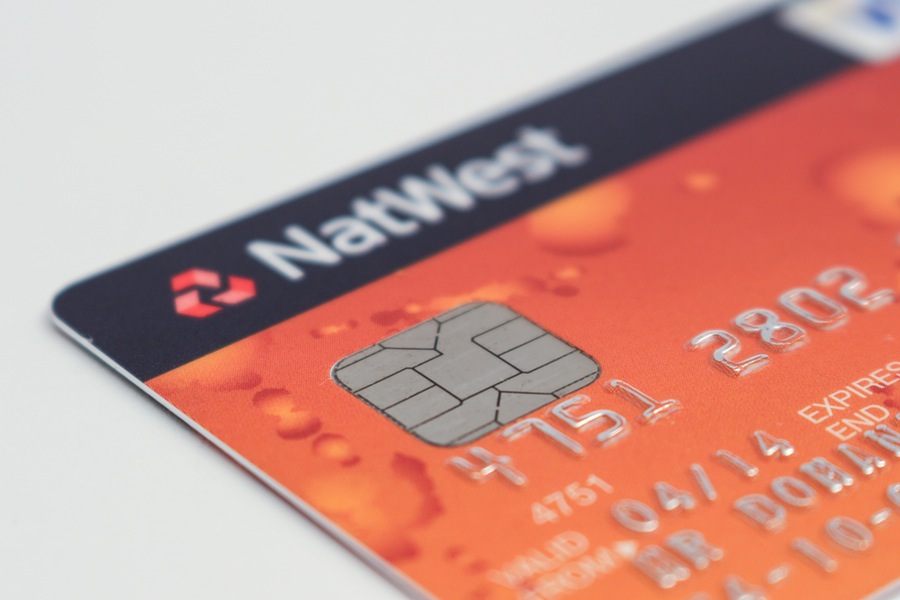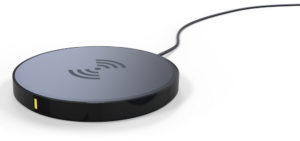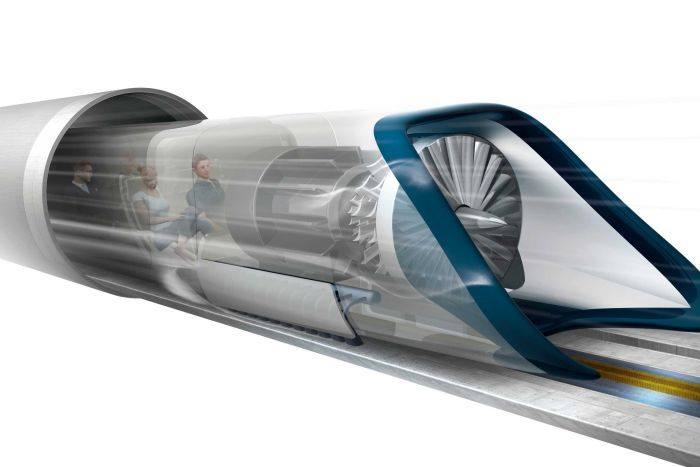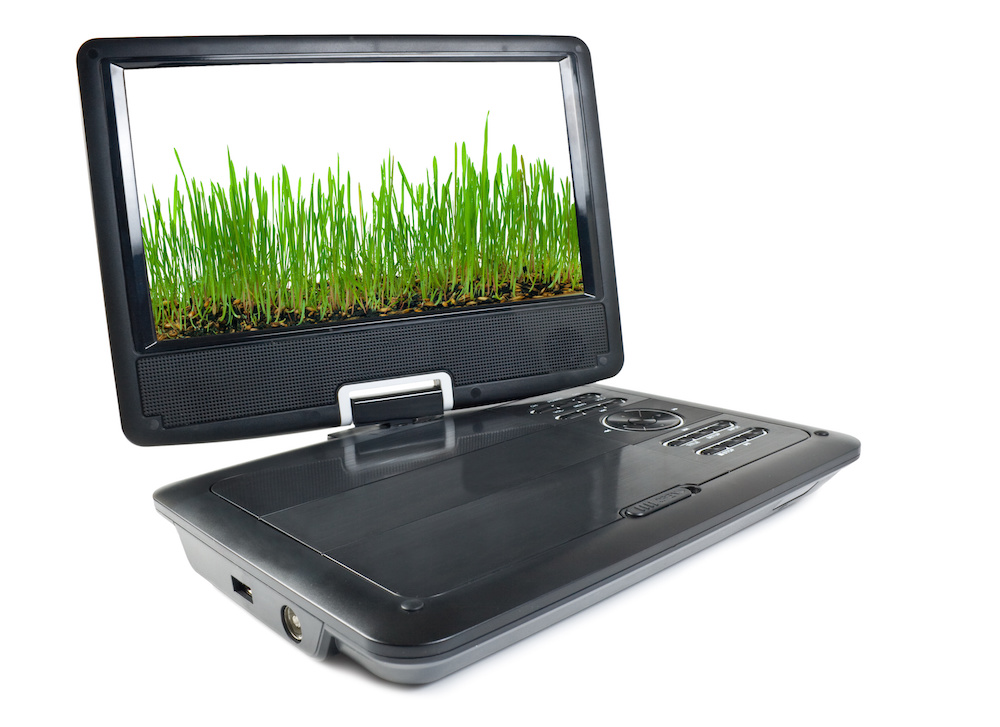6 Reasons to Hold Off on Getting a Credit Card
Credit cards can be a valuable tool, provided they're used the right way. A good card with good rewards can help you drive up your credit score, while paying you back in other benefits, so long as you pay it off every single month.
But credit card ownership is also a fraught road to walk down. Americans currently owe a total of $7.12 billion in credit card debt. The average household with credit card debt has about $15,320 of it. That's not as steep as the average mortgage or student loan, but it's not good position for anybody to be in—at least not for anyone who isn't a Visa executive. So why might you want to hold off on a credit card?
You Live Hand to Mouth
A credit card is useful for a few things—it's good for unforeseen emergencies, and as we mentioned above, if you can build up a balance and pay the whole thing off every month, it's good for your credit score too. But if you're having a hard time making ends meet month-to-month, with no end in sight, then carrying around plastic might be too much of a temptation.
You Struggle with Impulse Purchases
Everyone needs to treat themselves every now and then. Agent Cooper on Twin Peaks advises us, “Every day, once a day, give yourself a present.” And there may be something to that. But Agent Cooper is pulling down an FBI salary and having his hotel room comped. The rest of us have to be a little more careful.
If you don't have cash on hand, or enough money in your bank account, that will stave off the occasional bad decision—or at least make you think twice. Credit cards, on the other hand, remove some of those practical considerations. They make the money seem a little less real, until it's time to pay the piper.
You're Worried About Data Breaches
We're not naive—we live in a connected world. Pretty much everyone at this point has a PayPal account, or some variation thereof. To some extent, data breaches are just an ingrained hazard of modern life. And yet in a world of constant data leakage, one can't help but feel like the more cards you have, the more vulnerable you are, to an extent. Every number associated with your name is just one more piece of information waiting to be exposed to the world.
You Already Have Debt
Shuffling debt around from credit card to credit card isn't a financial strategy—it's a huge red flag that you don't have your house in order. The thing about running away from something is that after awhile, you get tired, and you make a mistake running. You slip and fall. And when you slip and fall with your debt management, the consequences can be disastrous.
You Want to Avoid Complications
Aside from interest, credit cards carry late fees, annual fees, fees for going over the limit, and other costs that might not be readily apparent when you sign up. Remember, credit card companies aren't out to do you any favors—they're here to make money off of you. Your ultimate financial well-being is not their primary concern, regardless of how many ads they put out depicting their company as a mirror image of the customer. You can do a lot of homework and stay on top of the situation, or you can avoid the scenario entirely.
You're in a New Life Situation
Getting a credit card represents a financial responsibility. Even if you plan to pay it off every month, you still have to have the money management acumen and balanced budget to know that it's actually going to work for you. If you've just graduated school, or if you've just started a new job, let the dust settle before you take out a line of credit, to make sure that it's something you're actually prepared to take care of in your new situation.
